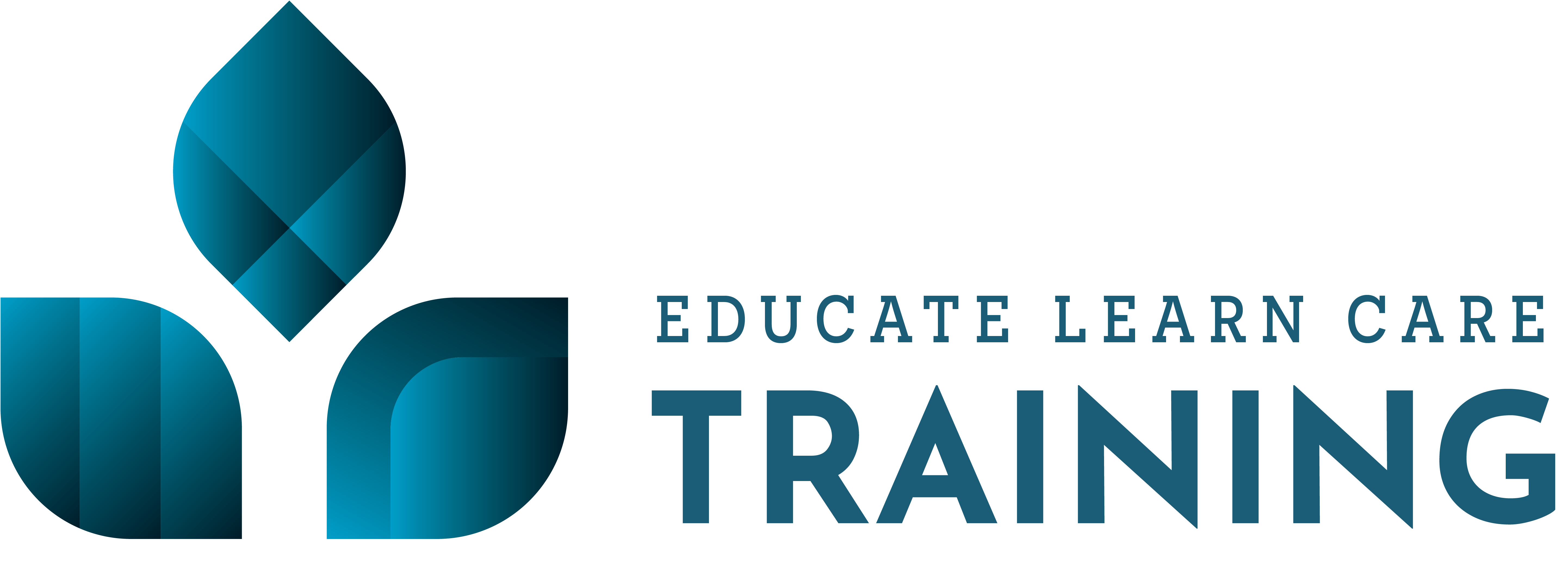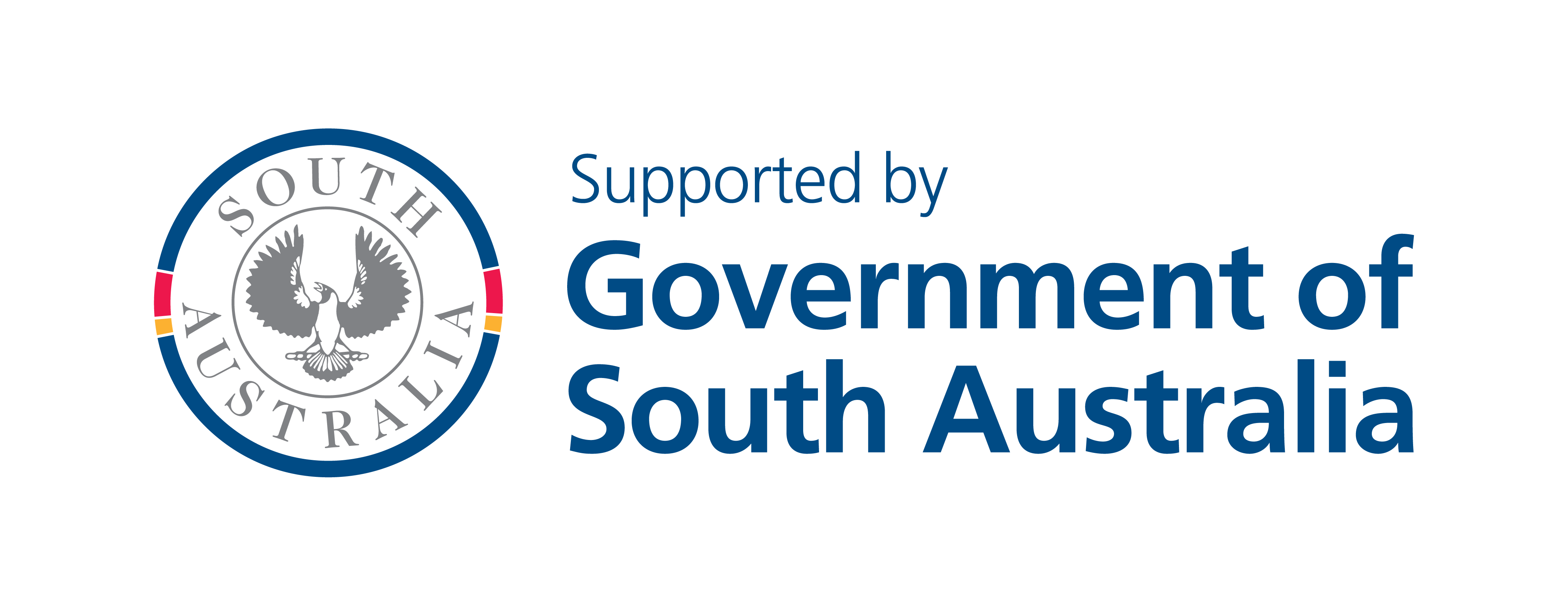In a world where change is constant, ELC Training actively seeks out and implements changes to guidelines and standards that drive our industry.
At ELC Training Embracing change not only enables us to stay ahead of the curve but also empowers us to shape the future of our industry.
The Department of Employment and Workplace Relations (DEWR) has announced that significant changes to the current Standards for Registered Training Organizations (RTOs) have been given the green light by Skills Ministers, preceding broader revisions. These adjustments to the standards for RTOs in 2024 are geared towards promptly addressing challenges in the Vocational Education and Training (VET) sector.
Highlighted are the new changes that the minister has progressed to implement ahead of the January 2025 guidelines. These early changes are designed to address current pressures on the VET workforce and provide more immediate benefits to the sector.
Reflecting new and updated training products from the updated Training and Education (TAE) Training Package
- Reflecting the updated TAE Training Package by:
- Listing the updated Certificate IV in Training and Assessment and Diploma of VET
- Enabling those holding a range of new and updated skill sets to deliver training under supervision:
- Facilitation Skill Set (TAESS00021)
- Volunteer Trainer Delivery and Assessment Contribution Skill Set (TAESS00030)
- Volunteer Trainer Delivery Skill Set (TAESS00029)
- Workplace Trainer Skill Set (TAESS00020)
- Work Skill Instructor Skill Set (TAESS00028)
- Young Learner Delivery Skill Set (TAESS00022)
- Trainers and assessors who currently meet the requirements of the Standards will not be required to update their qualifications.
Enabling people who hold an education degree to be engaged as trainers and/or assessors
- Those who hold a qualification that enables registration as a secondary school teacher in any state or territory are able to deliver training in any VET context under supervision.
- Those who hold a qualification that enables registration as a secondary school teacher in any state or territory and hold:
-
- the Assessor Skill Set, or
- the VET Delivered to School Students Teacher Enhancement Skill Set
- are able to train and assess in any VET context without supervision.
- These individuals are still required to meet other requirements imposed on trainers and assessors under the Standards, including holding relevant vocational competencies, current industry skills and current knowledge and skills in vocational teaching and learning.
- This is supported by adjustments to ensure consistency between requirements relating to delivery of the Assessor Skill Set and the VET Delivered to School Students Teacher Enhancement Skill Set, including requiring independent validation of assessment for delivery, and requiring those delivering the skill set to hold a TAE Diploma or a higher-level qualification in adult education.
Enabling people actively working towards the Certificate IV or Diploma from the TAE Training Package to deliver training and contribute to assessment under supervision
- To be ‘actively working towards’ an individual would need to be:
-
- enrolled, and have commenced training in, an approved training and assessment credential (Cert IV or Diploma from the TAE Training Package), and
- making satisfactory progress to enable the credential to be completed within two years from commencement.
- Individuals who are actively working towards a relevant credential are still required to meet other requirements imposed on trainers and assessors under the Standards, including holding relevant vocational competencies and current industry skills.
Enabling broader use of industry experts
- Enabling industry experts to also assist in the delivery of training alongside a trainer and/or assessor. This builds on the previous provision for industry experts to be involved in the assessment judgement, working alongside the trainer and/or assessor to conduct the assessment.
- To ensure the quality and integrity of training, RTOs will need to ensure industry experts have specialised industry or subject matter expertise, relevant vocational competencies and current industry skills directly relevant to the training being provided.
Aligning with recent changes to the Fit and Proper Person Requirements
- Clarifying RTOs’ obligations around fit and proper persons, to ensure RTOs assure themselves that high managerial agents and executive officers are appropriate to oversee the operations of the RTO, having regard to the considerations in the Fit and Proper Person Requirements.
Making minor clarifications and amendments
- Allowing people involved in delivery of training and assessment of the training product being validated to also be involved in the validation processes, provided they are not solely responsible for determining validation outcomes
- Changing the language in clause 1.27 to ‘training products’ instead of ‘training packages’ to also capture accredited courses, and
- Expanding the definition of ‘educational and support services’ to include ‘wellbeing services’ as a type of support service an RTO may provide.
The early changes have been developed and tested with key stakeholders, including states and territories, VET regulators, RTO peak bodies and industry stakeholders.
How will ELC Embracing the changes
At ELC Training we currently do not have TAE training package within our scope, so no changes are required at this stage for us. We are lucky enough to have x2 qualified early childhood teachers on staff already and are please to share that both hold TA qualifications also.
ELC Training has always had strong connections to the Early Childhood industry. Our head office is situated right next door to an Early Learning Centre in the beautiful Adelaide Hills. We also have 5 partner sites that support students in study, placements and work. ELC Training continues to build its strong connection to Industry, and this continues to drive our delivery of training and scope within the organisation. This relationship will continue to build over 2024 as we look to engage more industry experts into our review of policies and procedures, validation, and delivery of training.
Author:
Demelza Sayers | Compliance Manager
ELC Training Australia



